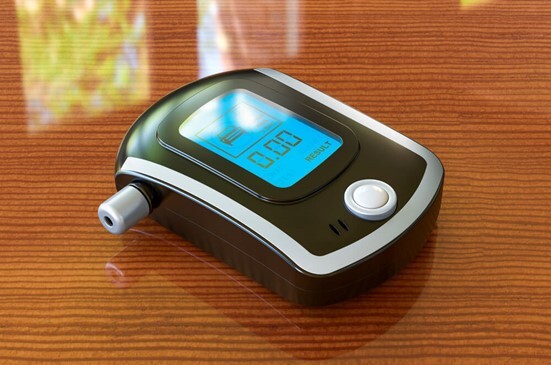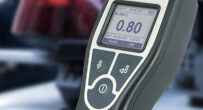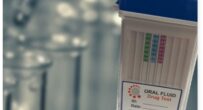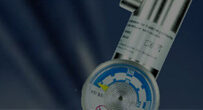Handheld vs. Workplace Breathalyser Comparison in Australia
Breathalyser Sales and Service, with offices across Australia, has been supplying workplace alcohol testing equipment since 1986. The company provides reliable devices for personal use, business settings and law enforcement, ensuring safety on roads and in workplaces. Breathalysers measure blood alcohol concentration through breath samples, offering a fast and non-invasive way to check impairment. They are widely used in roadside stops, corporate safety programs and healthcare. Readers are invited to explore how different types of devices meet varying needs.

Exploring Handheld Breathalysers
Handheld units are compact and designed for portability. They operate as an alcohol detection device that individuals can easily carry or keep at home. These models are suitable for small businesses or families wanting quick reassurance before driving. Benefits include affordability, simple operation and quick results. Limitations may include lower durability and reduced accuracy compared with industrial systems. For occasional testing and personal safety, handheld devices remain a practical option.
Workplace Breathalysers in Practice
Workplace systems are engineered for large organisations that require precise results. They form a core part of workplace alcohol testing programs by supporting compliance with safety standards. Features often include advanced sensors, automatic logging of data and integration with workforce safety policies. Transport, construction and mining companies often rely on these systems to maintain safe environments. While they involve greater investment and require scheduled servicing, their accuracy and scalability make them the preferred choice for industries where impairment poses high risks.
Breathalyser Comparison of Key Features
To highlight the distinctions, the following table outlines important factors:
|
Feature |
Handheld Models |
Workplace Models |
|
Cost |
Lower upfront cost |
Higher initial investment |
|
Accuracy |
Adequate for personal use |
High precision, suitable for compliance |
|
Maintenance |
Minimal upkeep |
Regular calibration and servicing |
|
Compliance |
Basic checks only |
Meets strict workplace standards |
|
Scalability |
Best for individuals or small groups |
Designed for large organisations |
This breathalyser comparison shows that each type fulfils distinct roles, helping users make decisions based on their requirements.
Selecting Safety Compliance Tools for Your Needs
When deciding between devices, users should assess how often testing is required, the environment where it will be conducted and relevant legal responsibilities. An individual may benefit from an affordable handheld unit for occasional reassurance, while a human resources manager might need integrated systems for ongoing monitoring. Large organisations often require safety compliance tools that align with formal safety frameworks. Careful assessment of needs ensures the chosen equipment supports both safety and regulatory requirements.
Get Expert Guidance on Alcohol Testing Devices
Breathalyser Sales and Service helps Australians choose the right alcohol detection device for safe and compliant alcohol monitoring. Call us on 1300999200 or contact us online for tailored advice on breathalysers.

 Breathalysers
Breathalysers
 Drug Testing
Drug Testing
 Combo Kits & Safety Products
Combo Kits & Safety Products
 Calibration & Services
Calibration & Services
 Stay Current with Our Latest Training Techniques
Stay Current with Our Latest Training Techniques